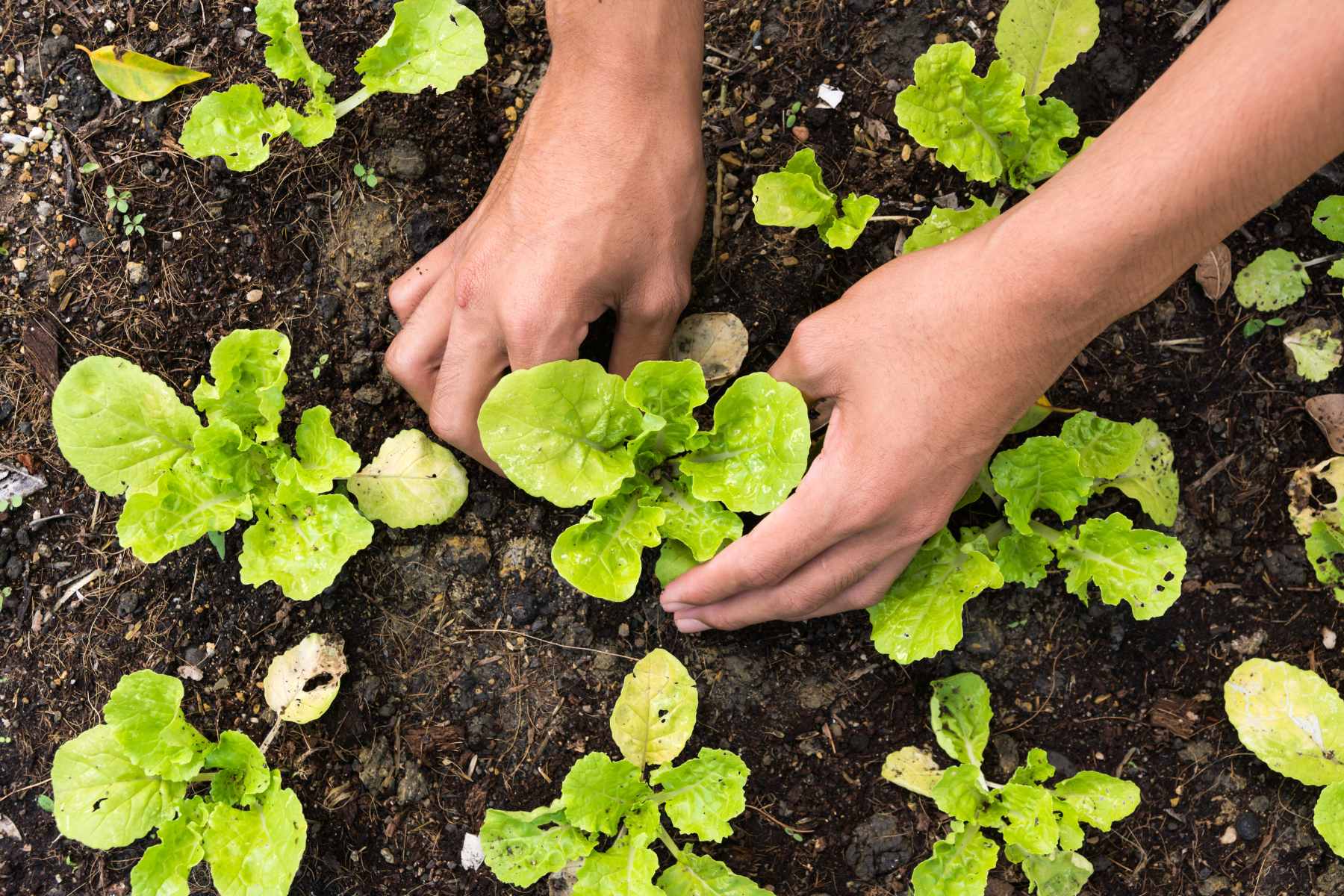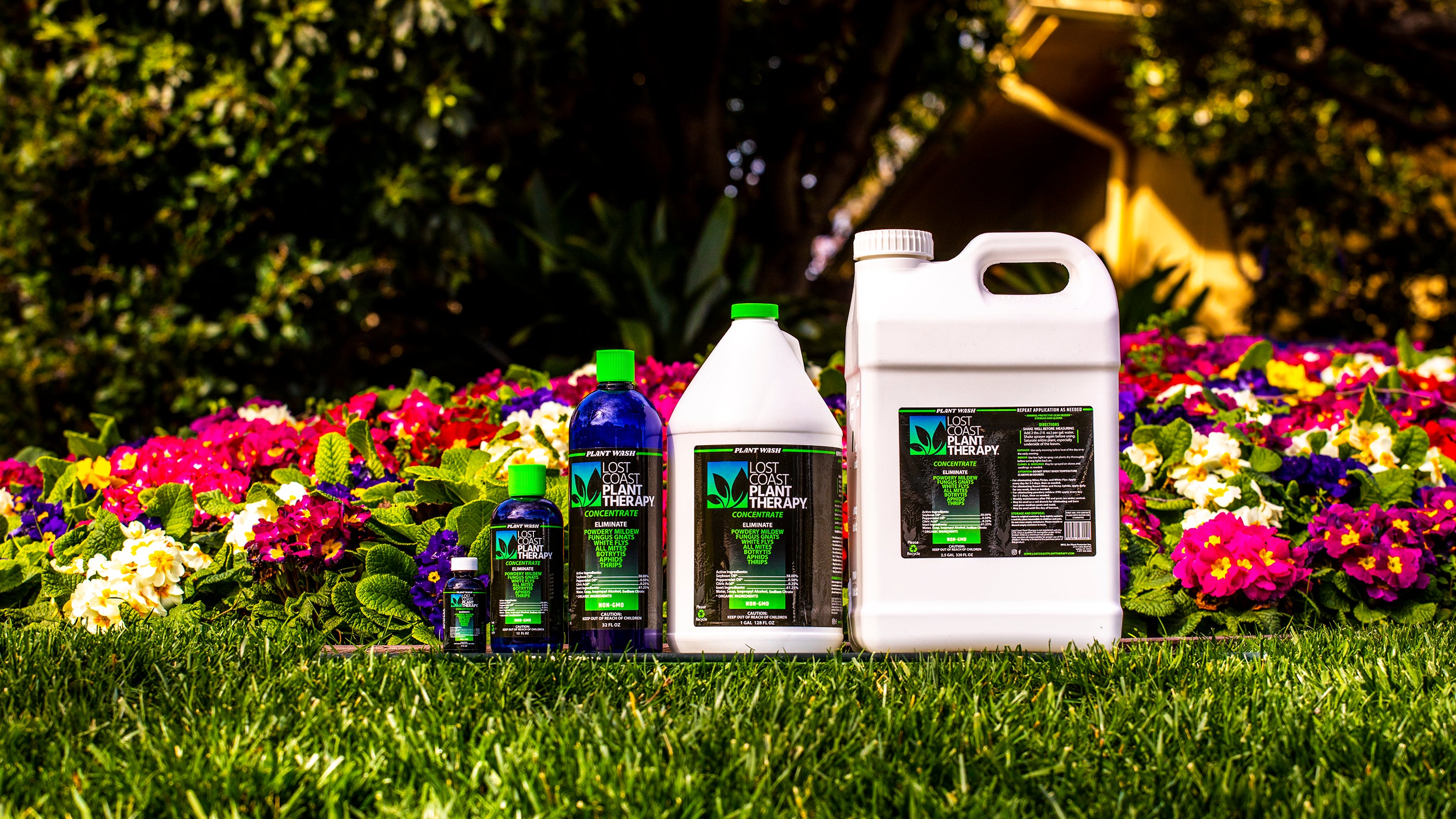Starting a garden is an adventure filled with challenges and rewards. Every plant you nurture and every bloom is a reflection of your care and dedication. However, gardeners know all too well that pests are a natural part of the gardening experience, often standing between them and their aspirations for a thriving garden.
Integrated Pest Management (IPM) offers a practical and environmentally friendly approach to dealing with these challenges. This guide will walk you through what IPM is, showing you how to use its strategies effectively in your garden. You'll also learn about the role of our Natural Plant Protector in keeping your garden healthy and how adopting IPM can lead to a vibrant, sustainable outdoor space.
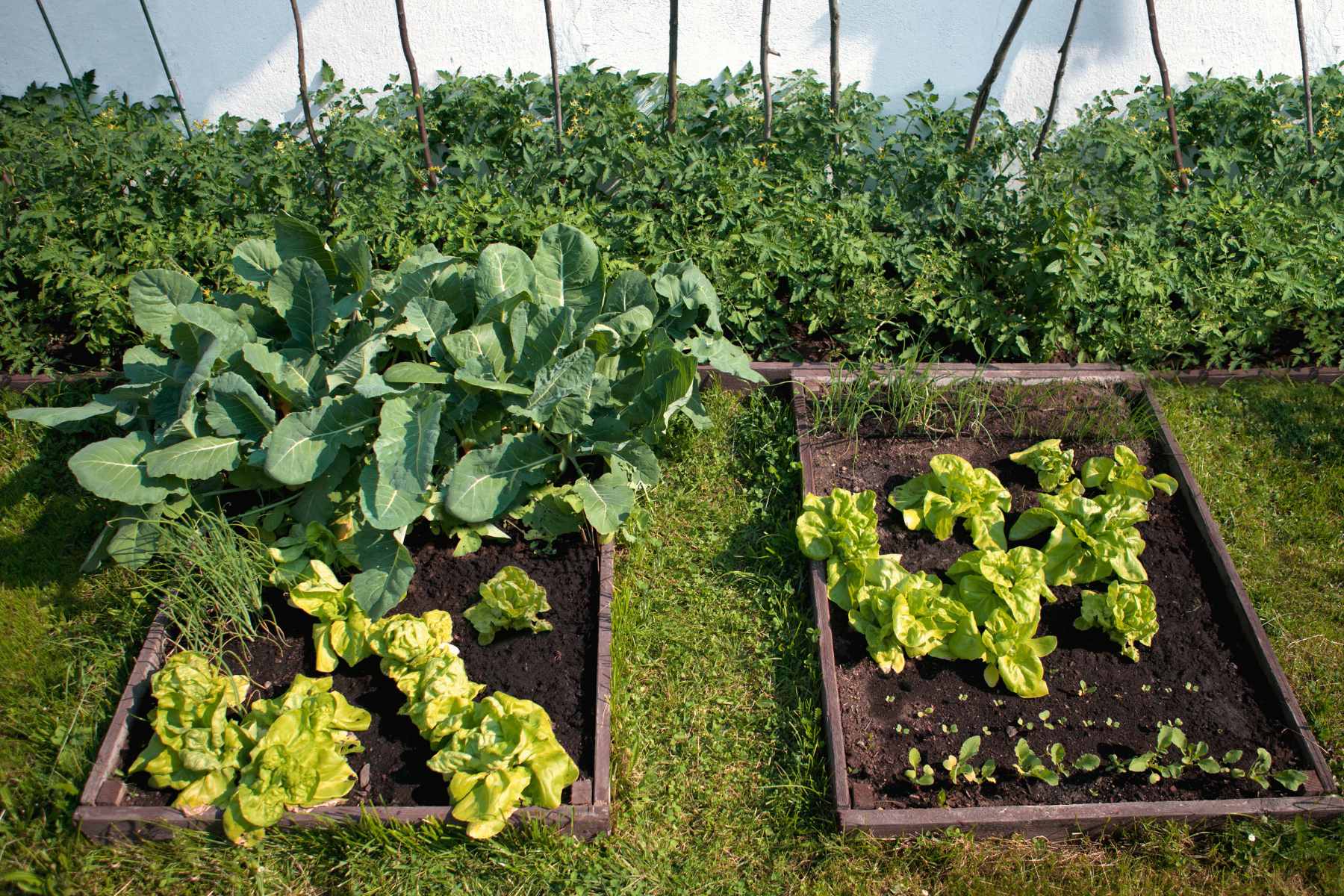
Understanding Integrated Pest Management (IPM)
Have you ever felt like your garden was a buffet for every bug in the neighborhood? If so, you're not alone. But before you reach for that bottle of chemical spray, let's talk about a smarter, kinder way to manage those pesky garden guests.
What is Integrated Pest Management (IPM)?
Imagine a toolbox. In it, you have all sorts of tools, each designed for a specific task. IPM is like that toolbox, but for managing pests in your garden. Instead of relying solely on pesticides (which is like using a hammer for every job), IPM uses a variety of strategies to keep pest populations under control. It's a science-based, sustainable approach that focuses on long-term prevention and control techniques that are safe for the environment, people, and beneficial creatures in your garden.
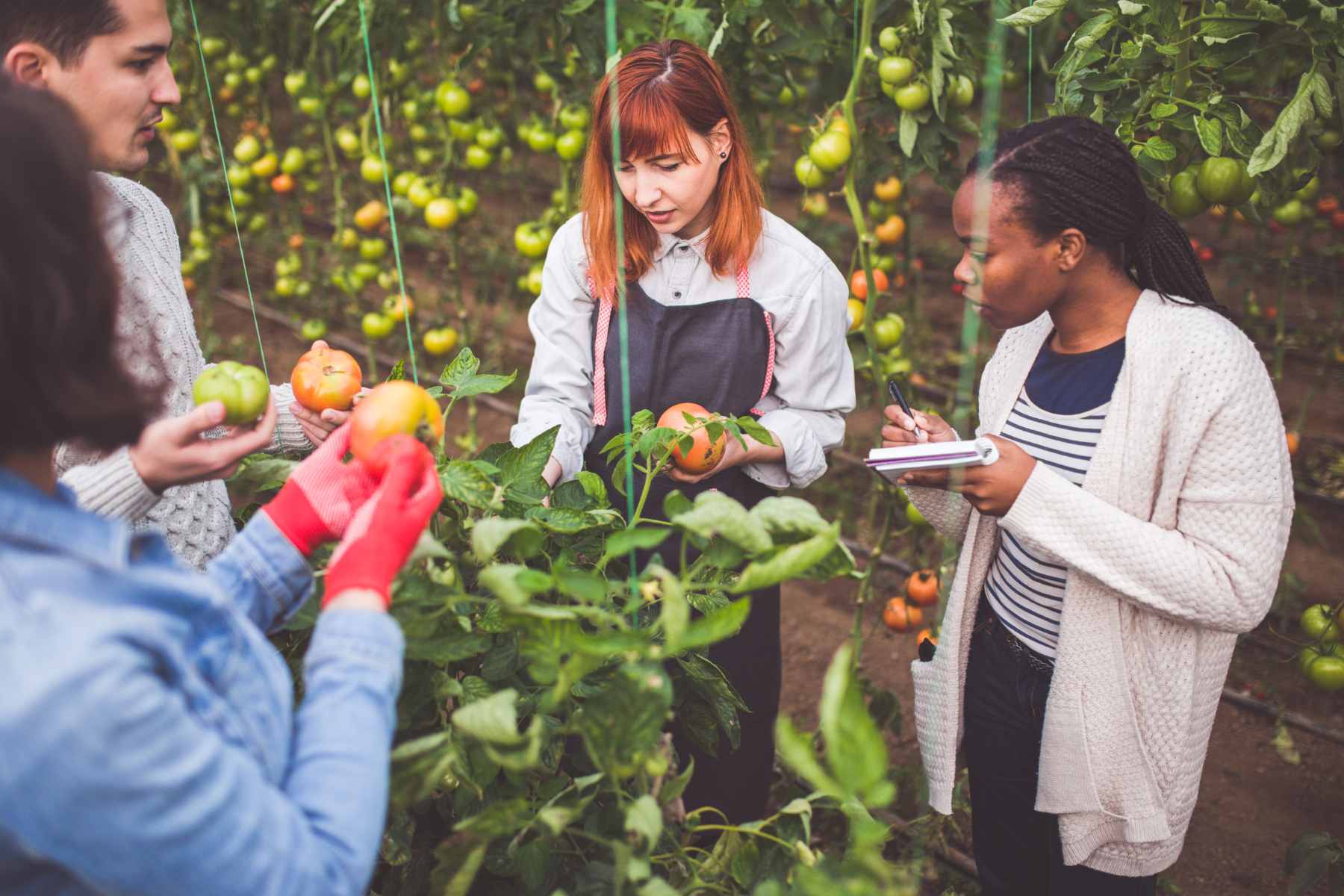
The Principles of IPM
1. Identification
The first step in any battle is knowing exactly who you're up against. Misidentifying a pest can lead to ineffective control measures, wasted effort, and unnecessary harm to beneficial organisms. For example, what you might think is a harmful insect could actually be a predator of the pests you're trying to control. That's why the first principle of IPM is identification: correctly determining not just the type of pest, but also understanding its lifecycle, behavior, and the role it plays in your garden ecosystem.
2. Monitoring
Regularly checking your plants is like being a detective on a stakeout. You're looking for any signs of pest activity, damage, or any other changes in plant health. This doesn't mean you need to hover over your plants with a magnifying glass all day, just a casual but consistent inspection will do. This helps you catch potential problems early, before they become bigger issues.
3. Knowing When to Act
Once you've spotted a potential pest problem, whether it's spider mites, russet mites, thrips, aphids, or powdery mildew, prompt action is crucial to prevent it from escalating into a full-blown infestation. Recognizing the appearance of common garden pests early is super important for maintaining the health of your garden. Effective pest management involves intervening at the right moment to keep your garden thriving while minimizing harm.
4. Control Methods
Once you've decided it's time to act, IPM offers a range of strategies:
Cultural controls: Changing your gardening practices to make the environment less inviting to pests. This could be rotating crops, selecting pest-resistant plant varieties, or adjusting planting times.
Mechanical and physical controls: Using barriers, traps, or physical removal to reduce pest access or numbers.
Apply a Minimum Risk Pesticide: Apply a natural and organic pesticide like Lost Coast Plant Therapy for prevention or to control soft bodied pests, mold or mildew before they become an issue in your garden.
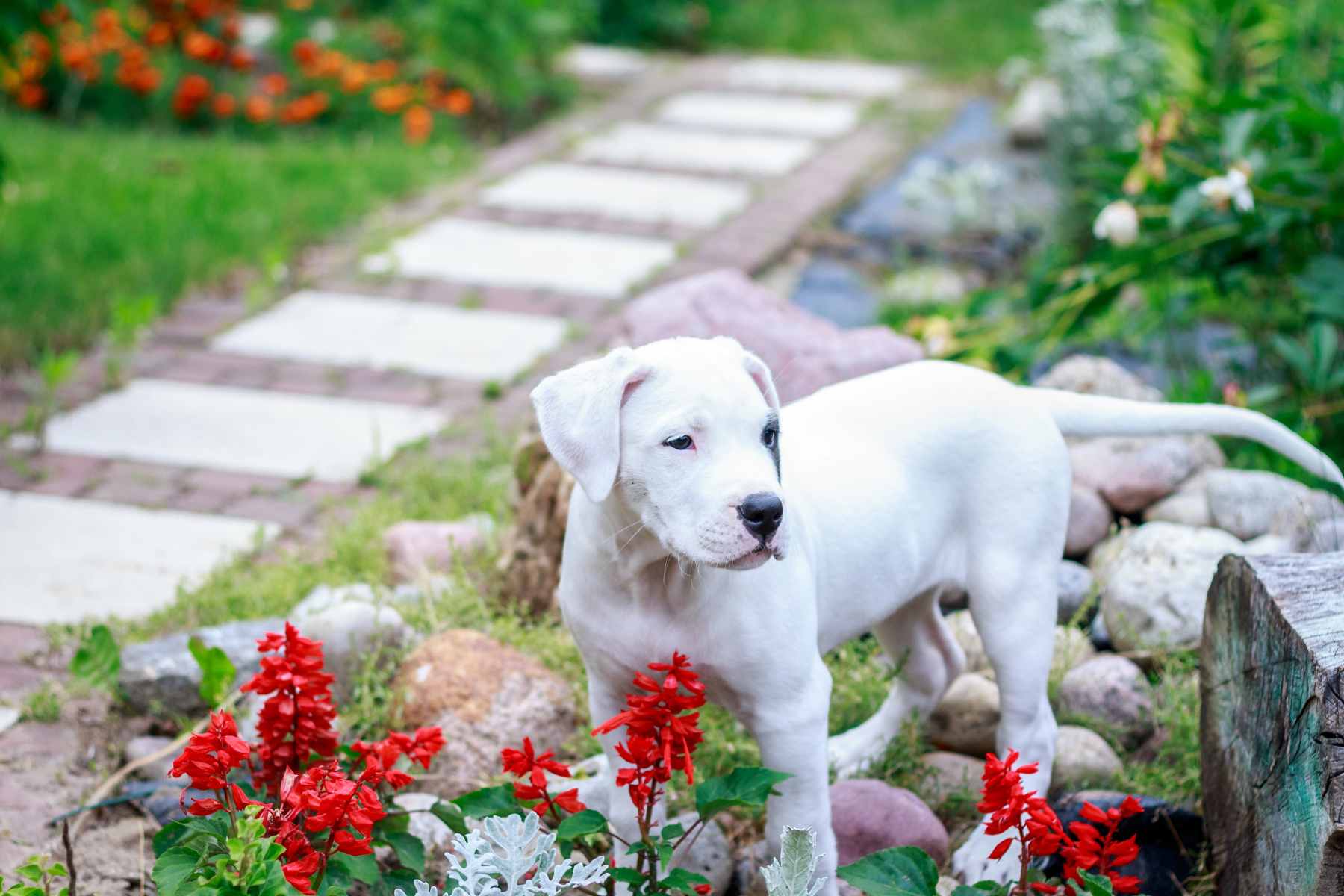
Advantages of an IPM Approach
Environmentally Friendly: By using less toxic substances and more natural methods, IPM supports a healthier garden and planet.
Sustainable: IPM practices promote long-term, sustainable pest management solutions, reducing the chance of pests developing resistance to control methods.
Safer for People and Pets: Reducing reliance on chemical pesticides means a healthier environment for you, your family, and your furry friends.
Protects Pollinators: By being selective and careful about pest control, IPM helps protect the beneficial insects that pollinate plants and keep our gardens productive.
In a nutshell, IPM is all about working with nature, rather than against it. It's a thoughtful, intelligent approach to pest management that respects the complex web of life in our gardens. By embracing IPM we not only protect our plants but also contribute to a healthier world.
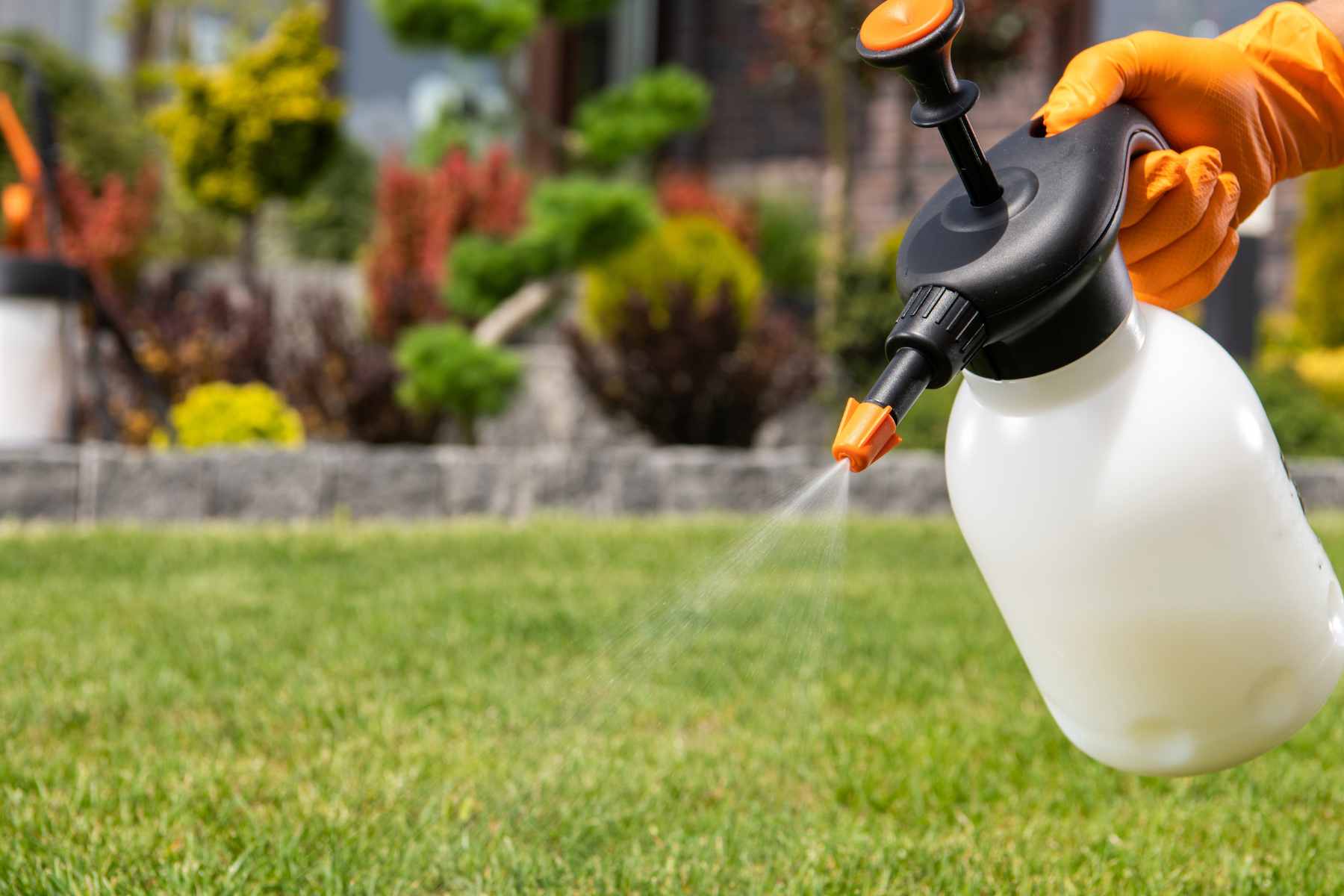
The Role of Our Natural Plant Wash in IPM
When we garden, we're not just growing plants, we're cultivating a little piece of the earth. It's a responsibility we take seriously. Let's dive into how our eco-friendly Natural Plant Protector can be your ally in the garden and play a pivotal role in your Integrated Pest Management (IPM) strategy.
Lost Coast Plant Therapy
Our Natural Plant Wash is crafted with love and science, designed to protect your plants while being kind to the planet when used as directed. It's not your ordinary pest control solution. Think of it as a gentle giant - tough on pests but soft on everything else when used as directed. Lost Coast Plant Therapy is a blend of natural and organic ingredients that work together to control pests by methods that are as innovative as they are effective. See our ingredients here.
It's like giving your plants a protective coat that guards against unwanted visitors without harming the bees that pollinate your flowers or the ladybugs that naturally keep pest populations in check. Instead, it ensures that your garden remains a thriving ecosystem where every organism, big or small, plays its part.
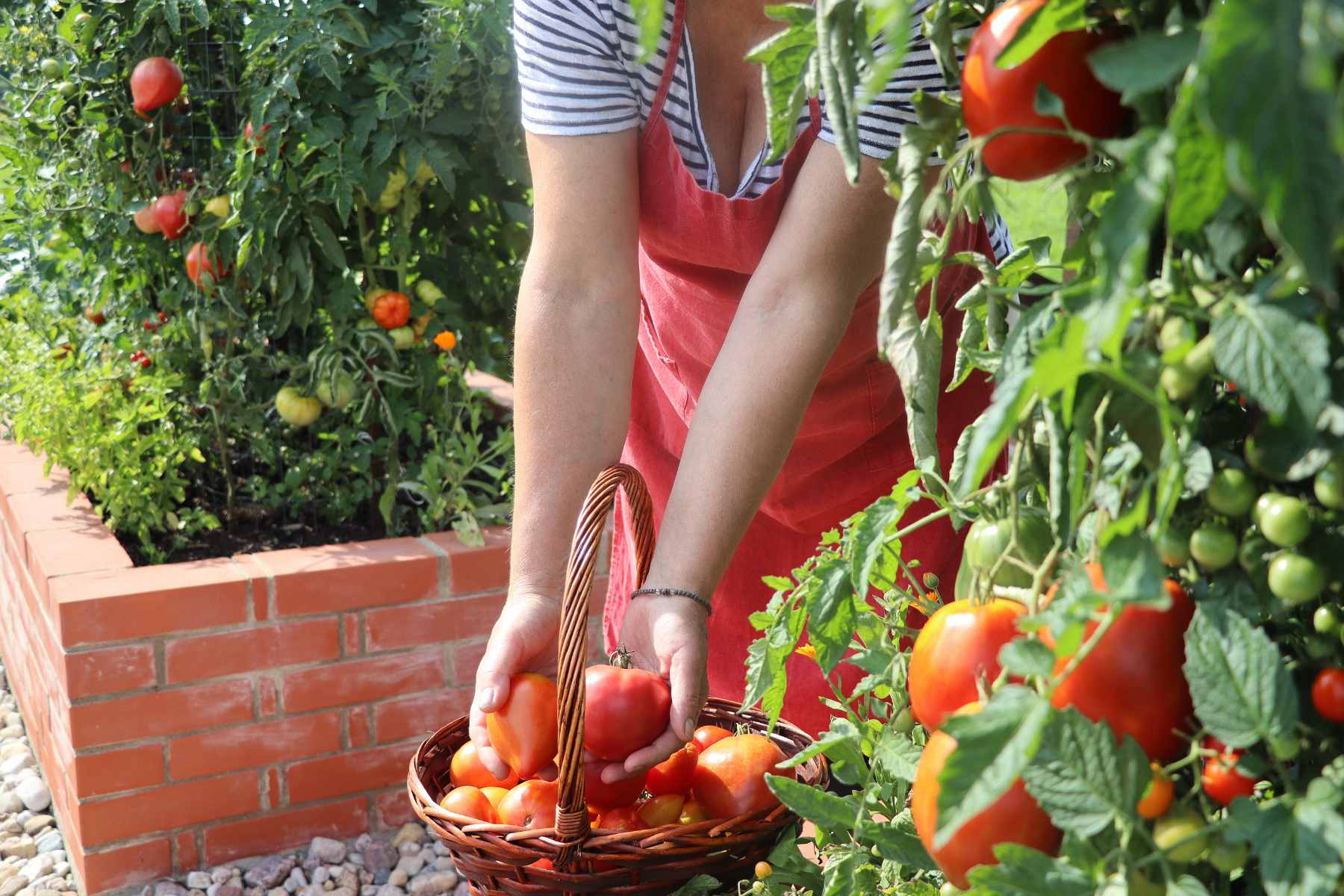
Benefits of Using a Product with Natural and Organic Ingredients
Safety First: With ingredients that are gentle on humans, pets, and beneficial insects when used as directed, you can spray your garden without worrying about harmful side effects. See our full guide on organic gardening for beginners.
Environmentally Responsible: By using a product that's biodegradable and made from renewable resources, you're casting a vote for a healthier planet. It’s a way to combat pests without contributing to pollution or the degradation of ecosystems.
Effectiveness Without Resistance: Because our Natural Plant Wash uses physical methods to control pests, the risk of pests developing resistance is minimized. This is a huge advantage over synthetic chemicals, which can lose their effectiveness over time as pests adapt.
See Instructions and How it Works.
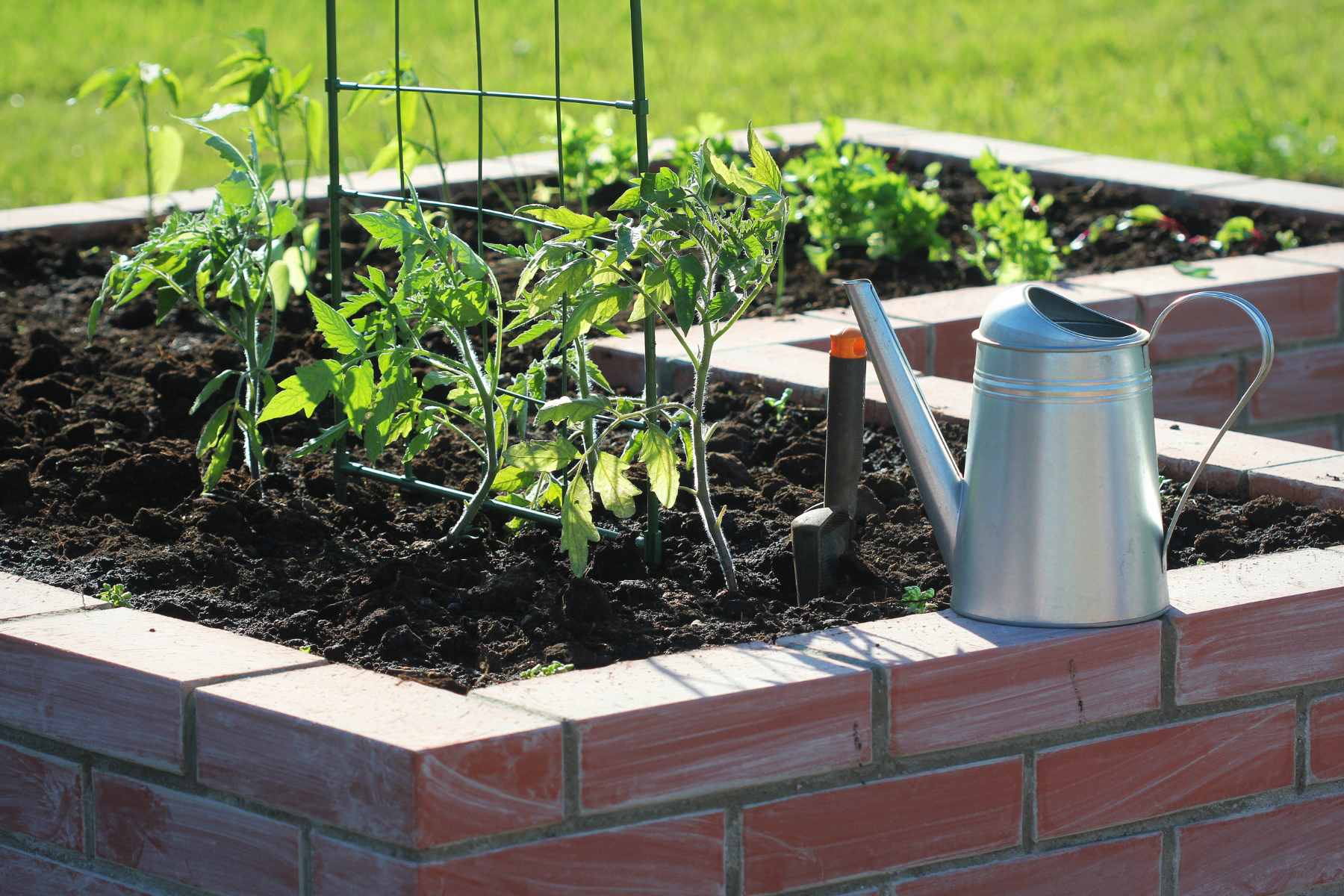
Tips and Tricks for Effective Pest Management
Start with Healthy Soil: Healthy plants start with healthy soil. Enrich your soil with compost and organic matter to ensure your plants have the nutrients they need to fend off pests.
Water Wisely: Overwatering or underwatering can stress plants, making them more susceptible to pests. Use mulch to retain moisture and reduce water stress.
Plant Diversity: Diverse planting attracts a variety of beneficial insects and can confuse pests, making your garden less of a target.
Timing Matters: Planting too early or too late can expose your plants to higher pest pressures. Pay attention to planting guides for your region to ensure optimal growing conditions.
Regular Check-ups: Regular check-ups are key. Inspect your plants often for signs of stress or pest activity. Early detection makes management much easier.
Apply Lost Coast Plant Therapy as a Preventive: Our Natural Plant Protector can be used to create an unwelcoming environment for pests without harming bees, ladybugs, or praying mantises when used as directed.

The Importance of IPM in Food Production
IPM in agriculture integrates various pest control techniques and practices, aiming for harmonious balance and sustainability. Traditional pest control methods, heavily dependent on chemical pesticides, have shown their limitations, including resistance in pests, detrimental effects on non-target species, and environmental pollution. IPM reduces reliance on hazardous pesticides, thereby safeguarding crops and ensuring healthier food production.

How IPM Supports Environmental Sustainability
IPM isn't just a pest management strategy, it's a commitment to the earth. Every decision made from an IPM perspective considers the long-term health and sustainability of the environment.
Reducing Chemical Footprint: By minimizing the use of synthetic pesticides, IPM contributes to cleaner soil, water, and air. This approach helps preserve biodiversity, protecting streams, rivers, and the many life forms that depend on these habitats.
Resource Efficiency: IPM practices often lead to more efficient use of water and soil nutrients, as healthier plants are more resilient and can better utilize the resources they're given.
Climate Resilience: By enhancing biodiversity and ecosystem health, IPM contributes to climate resilience, helping agricultural systems withstand and recover from extreme weather events.

Conclusion
Adopting IPM practices is a step toward not just healthier gardens, but a healthier world. It's a commitment to learning, observation, and respect for the intricate web of life that supports our food systems and natural habitats. Whether you're tending to a small backyard garden or overseeing acres of crops, IPM offers a pathway to more sustainable, resilient, and productive gardening and farming. We encourage you to start small, perhaps with a closer examination of your garden's unique ecosystem or by trying out a few preventative measures to reduce pest pressure. Remember, every step toward IPM is a step toward a more balanced and sustainable interaction with our environment.
In our hands, we hold the power to make a significant impact on the environment and the health of the plants that feed and beautify our world. By choosing IPM and supporting eco-friendly pest control solutions like our Natural Plant Protector, we're choosing a future where agriculture and gardening work in harmony with nature, rather than against it. This approach doesn't just fight pests, it fosters biodiversity, conserves resources, and builds a stronger, more resilient natural world.
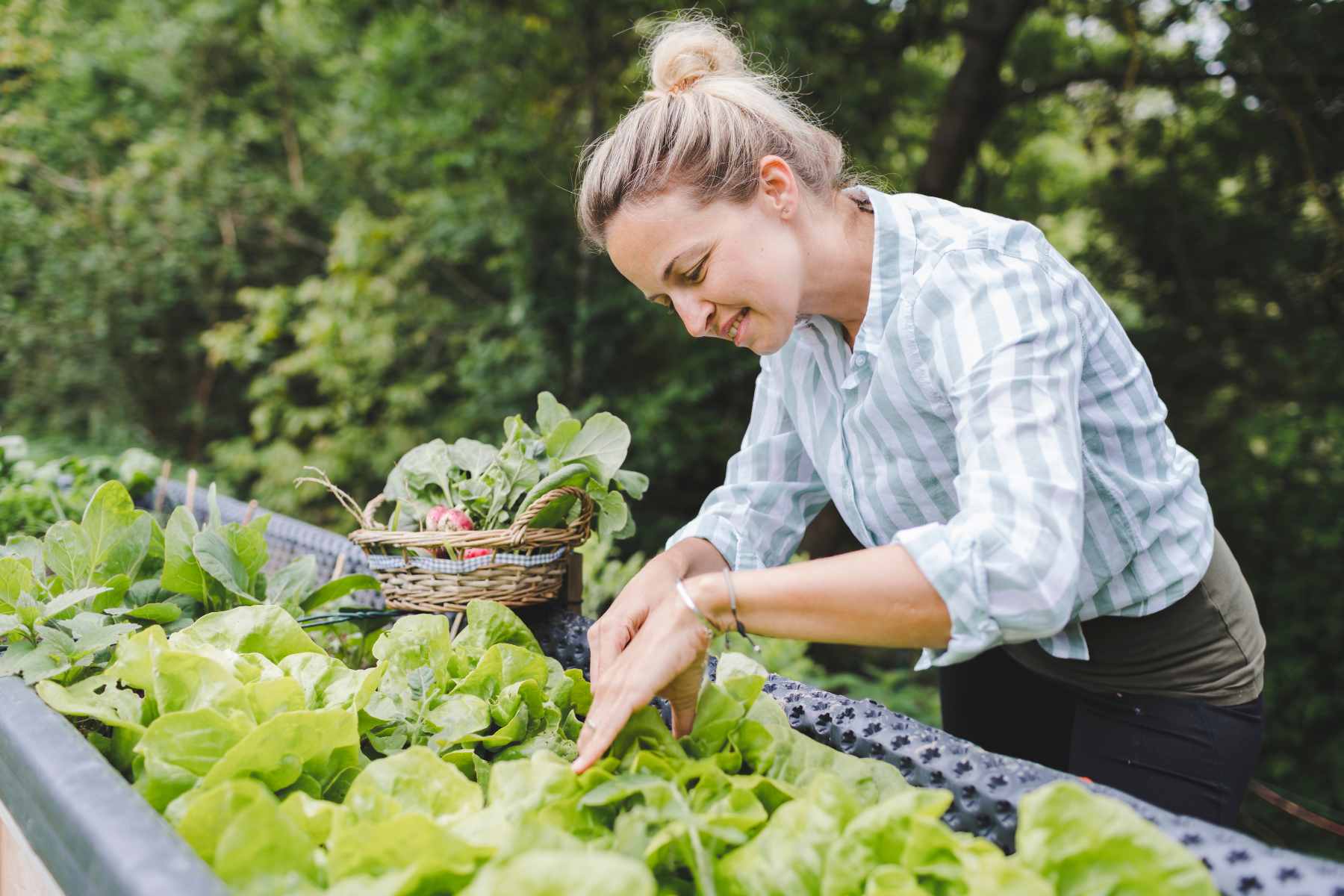
FAQ's
What is Integrated Pest Management and why should I use IPM in my garden?
Integrated Pest Management (IPM) is a holistic approach to pest control that promotes non-chemical methods control techniques and emphasizes the use of multiple strategies to manage pest levels with the least possible harm to humans, plants, and the environment. Through IPM, farmers and gardeners can produce healthy crops with the least possible disruption to natural systems.
Can IPM reduce the use of pesticides?
While IPM aims to minimize the need for pesticides, it does not completely eliminate their use. Instead, it promotes application of natural and organic minimum risk pesticides like Lost Coast Plant Therapy as part of a broader set of pest control actions. The goal of IPM is to manage pest infestations effectively while reducing the overall impact on human health and the environment.
How do I implement an IPM plan in my garden?
To implement an IPM plan, start by identifying the specific pests and their natural predators in your garden. Monitor pest levels and decide on the appropriate action thresholds. Consider all available pest control options, prioritizing cultural, mechanical, and biological methods. If pest control is required select a minimum risk pesticide like our Natural Plant Wash.
Can IPM help with weed management?
Yes, IPM includes weed management as part of its approach to pest control by employing a combination of mechanical methods, cultural practices, and minimum risk pesticides.
What are some examples of non-chemical pest control methods?
Non-chemical methods include cultural practices like crop rotation and selecting disease-resistant plant varieties, mechanical methods such as hand-picking pests or using barriers, biological controls like introducing beneficial insects that prey on pests and the use of minimum risk pesticides like our Natural Plant Protector when used as directed.
How does IPM benefit human health and the environment?
IPM benefits human health by reducing exposure to potentially harmful pesticides. It protects the environment by minimizing pesticide applications and promoting biodiversity. By encouraging the growth of a healthy crop and using the least disruptive practices, IPM supports sustainable agriculture and conserves natural resources.
What are the advantages of integrating our Natural Plant Protector into an IPM strategy?
Our Natural Plant Protector complements IPM strategies by offering a natural pest control solution. Its use aligns with IPM principles by providing an effective, environmentally friendly option that minimizes pest damage without adverse effects on human health, pets, bees, ladybugs or praying mantises when used as directed.
See more FAQ's here.

Additional Resources
Integrated Pest Management (IPM) Principles - United States Environmental Protection Agency
Powdery mildew in the flower garden - University of Minnesota
Spider Mites - Virginia State University
Growing an Organic Garden - Penn State Extension
How to recognize and manage spider mites in the home garden - Oregon State University
How does IPM Work - University of California Agriculture & Natural Resources
What is IPM - Regional IPM Centers
Backyard Vegetable Garden Layout Ideas - Almanac


